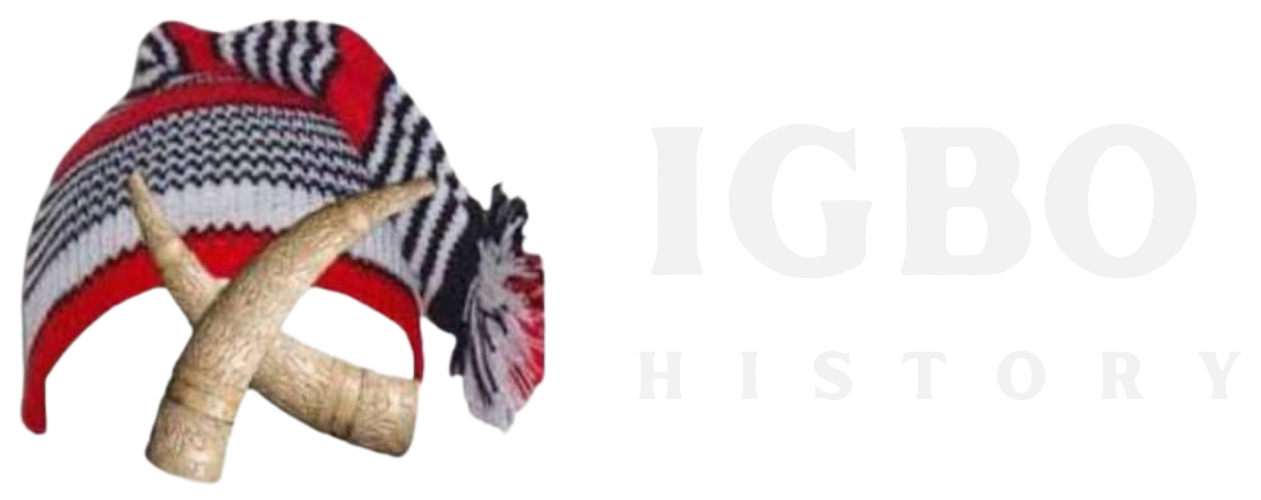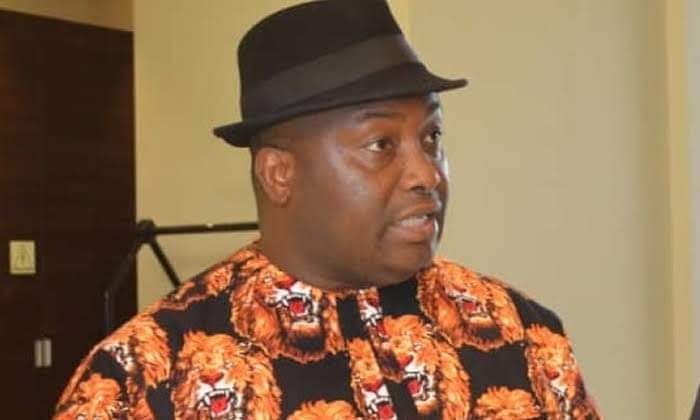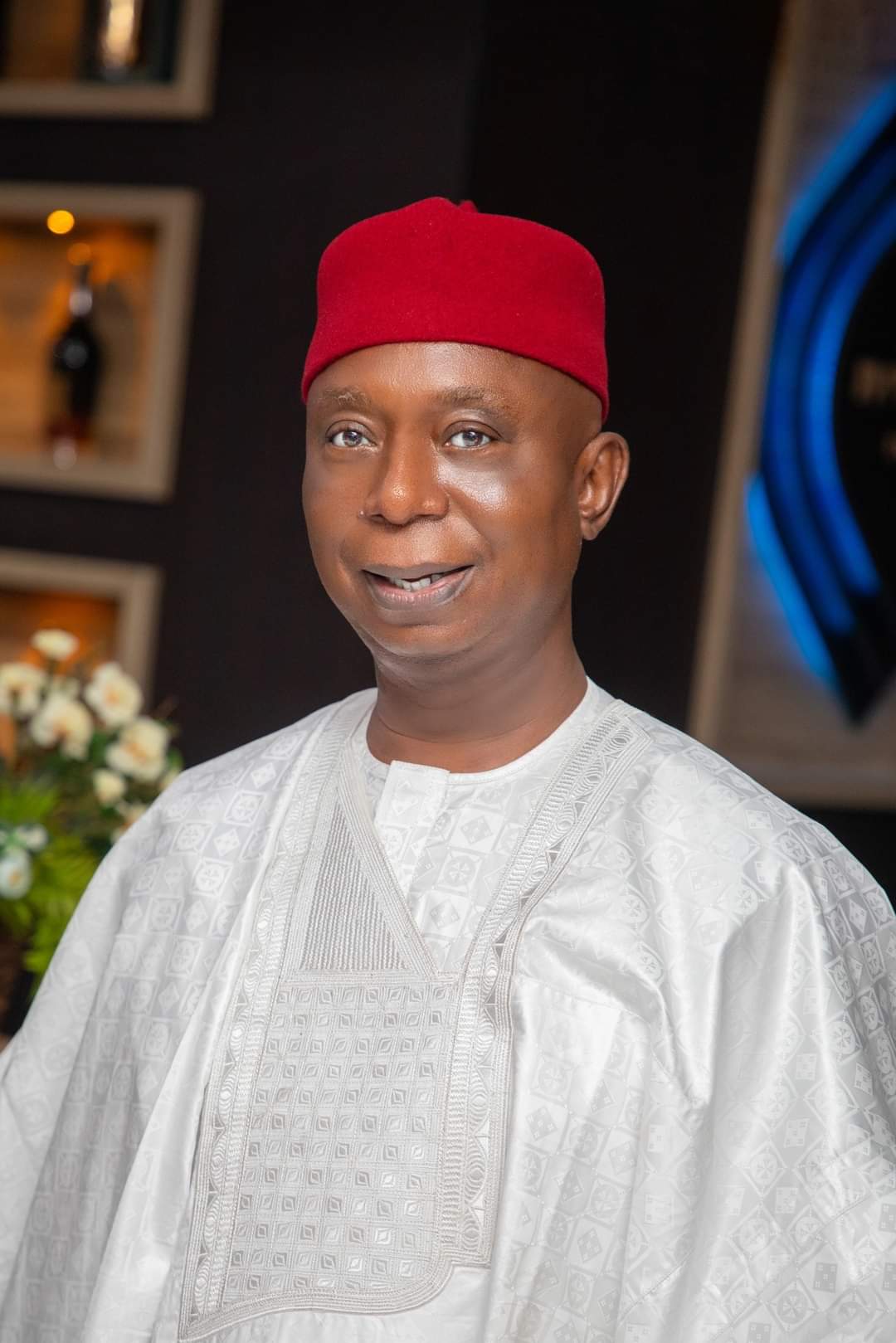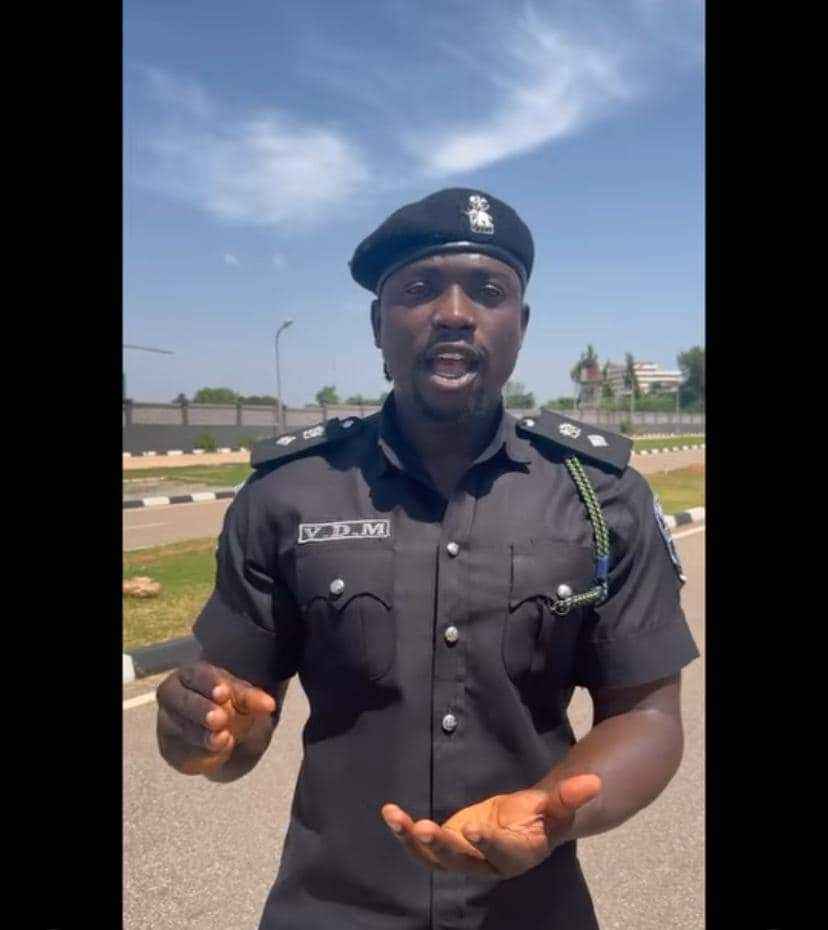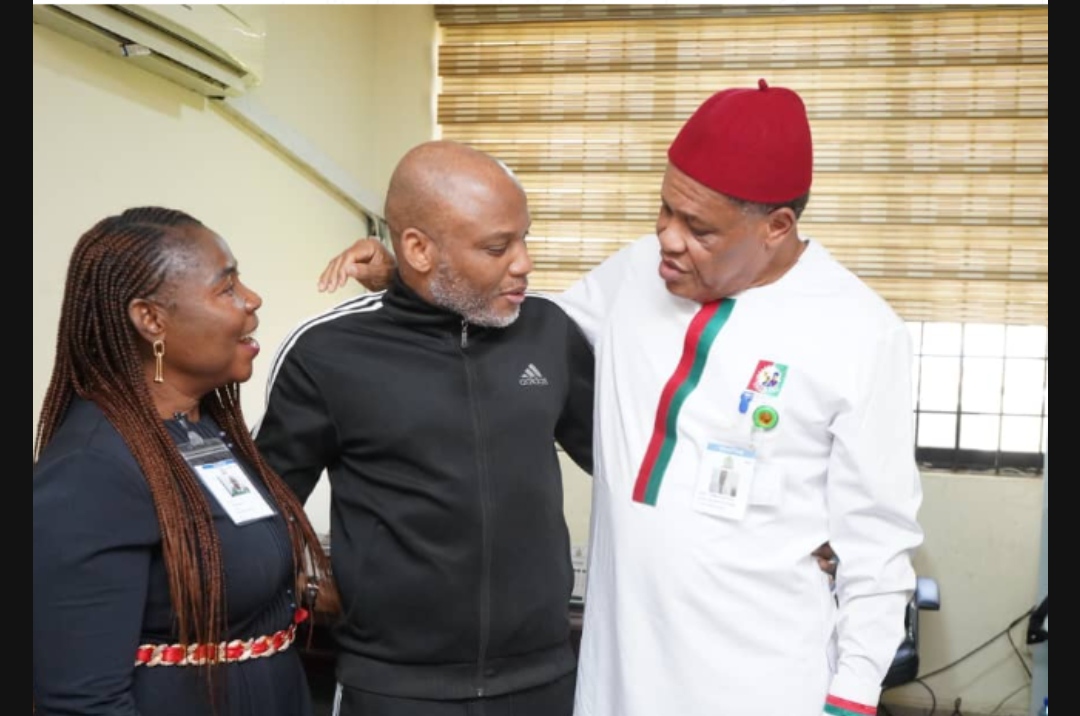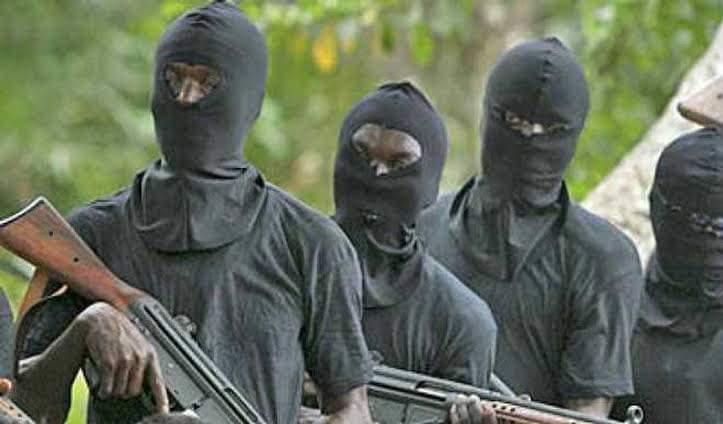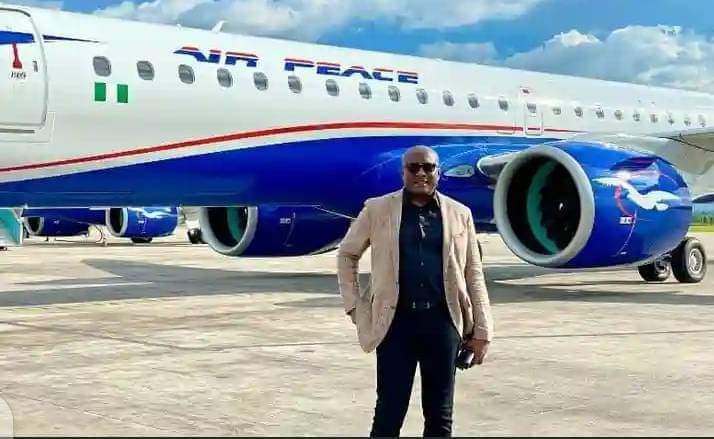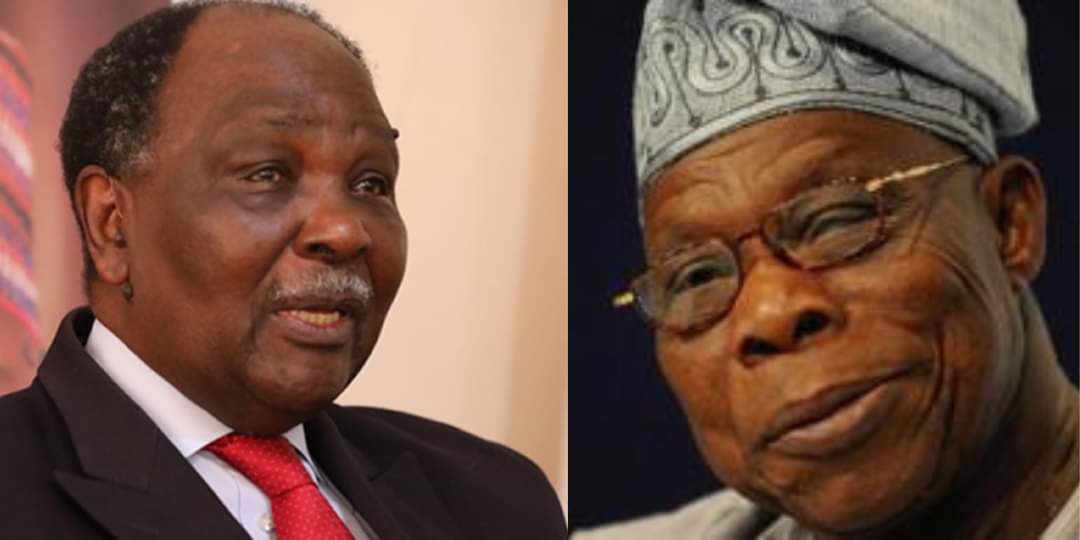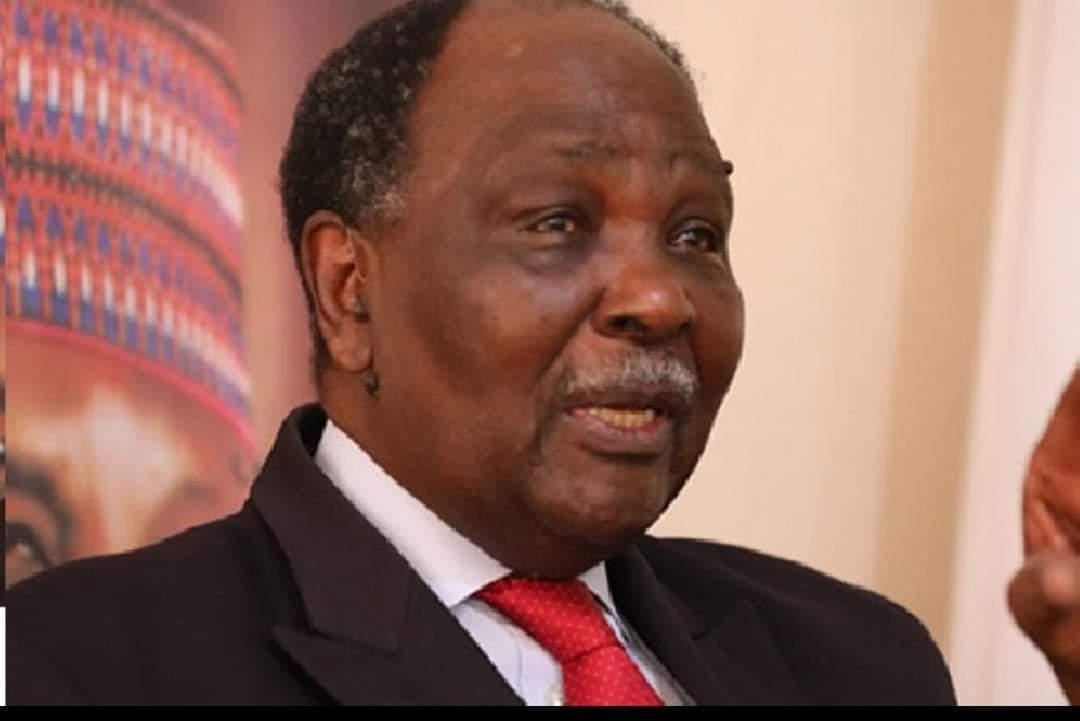On May 30, 1967, the Republic of Biafra was declared, sparking a bloody civil war that claimed over four million lives. Nigeria was plunged into chaos, with numerous peace efforts—most notably the Aburi Accord—failing to restore harmony.
Interestingly, there were individuals whose families were deeply connected to Biafra, yet they chose to fight on the side of Nigeria. Notable among these are Godwin Alabi-Isama, Ike Nwachukwu, Cyril Iweze, George Kurubo, Isaac Boro, Alfred Diete-Spiff, Emmanuel Ekpo, Okoi Arikpo, Godwin Ally, and Ken Saro-Wiwa.
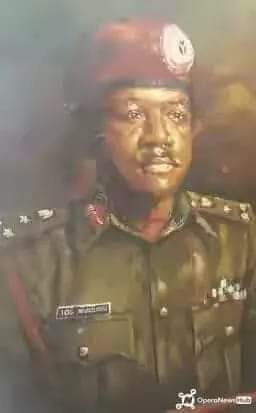
One of the most prominent figures among them was Major General Ike Omar Sanda Nwachukwu. Born to a mother from Katsina and a father from Ovim, Isuikwuato, Nwachukwu was raised in the North. He joined the Nigerian Army and came under the protection of Brigadier Hassan Katsina, a Katsina prince and Army Chief during the war.
At the outbreak of the conflict, Nwachukwu was a lieutenant and served at the Army Headquarters Provosts before being redeployed to join Lt. Col. Murtala Muhammed’s division. He later became a company commander, leading his troops through battles from Ore Road to the banks of the Niger River at Onitsha. Nwachukwu played a crucial role on the Nigerian side during the war.
Reflecting on his service, Nwachukwu stated,
“I fought in the Nigerian Civil War as a Federal Army officer because I believed in Nigeria’s unity. That belief remains my conviction that all Nigerians, regardless of ethnic, religious, or regional origin, have the right to live, work, and prosper anywhere in Nigeria.”
After the war, Nwachukwu served as the Military Governor of Imo State. From 1986 to 1987, he was the Minister for Employment, Labour, and Productivity, and from December 1987 to December 1989, he was the Minister of Foreign Affairs. He was re-appointed as Minister of Foreign Affairs in September 1990 and retired as a Major General.
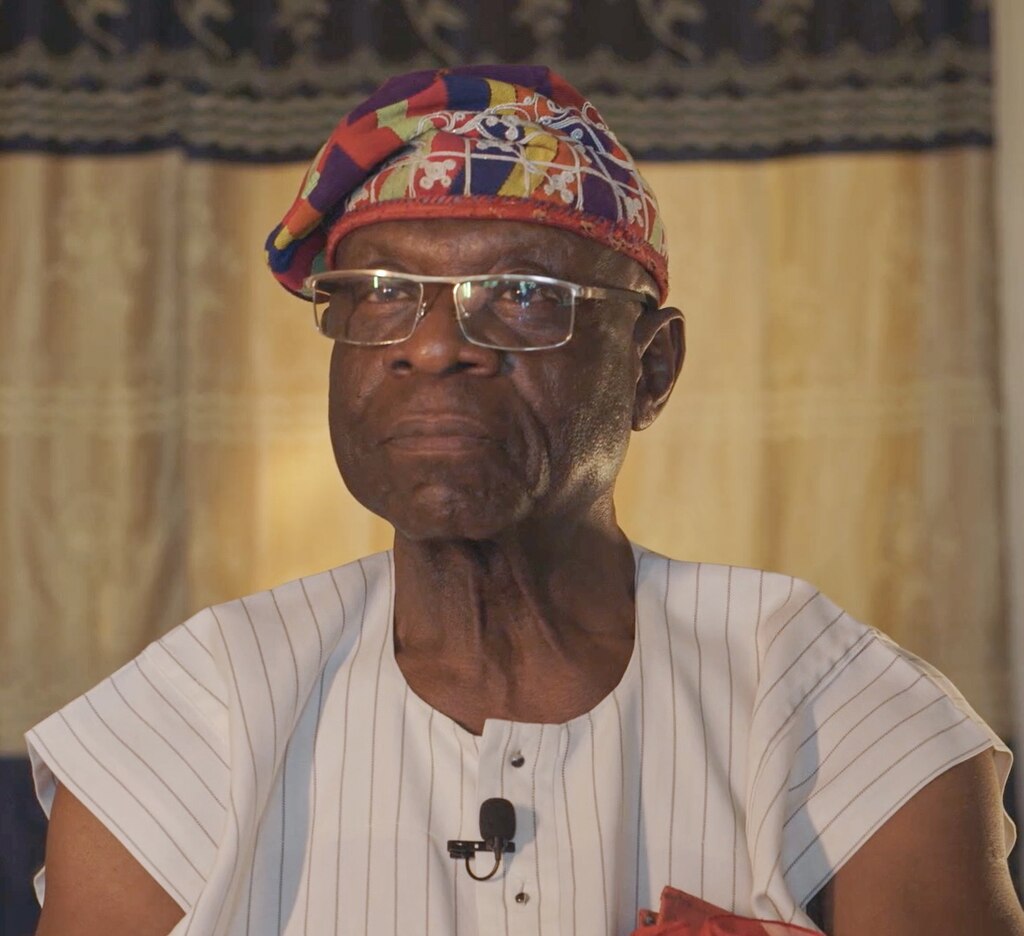
Another key figure was Godwin Alabi-Isama, a Lt. Col. by 1969. Though he was born in the Igbo-speaking part of Mid-Western Nigeria, he was largely raised by his Yoruba mother after losing his father at a young age. Alabi-Isama was a Principal Staff Officer in the Nigerian Army during the war. He served with the Second Division before being transferred to the Third Marine Commandos under Col. Olusegun Obasanjo. He retired as a Brigadier in 1977.
Cyril Iweze also fought for Nigeria and was later posted to ECOMOG in 1990 as Chief of Staff.
Major Isaac Boro, on his part, led a group of Niger Delta militants who declared the Niger Delta Republic on February 23, 1966. Although his group was defeated after twelve days of fighting, Boro was jailed for treason. However, General Yakubu Gowon’s regime granted him amnesty on the eve of the Nigerian Civil War in May 1967. Boro was commissioned as a Major in the Nigerian Army and fought on the Federal side until he was killed under mysterious circumstances in 1968.
General George Kurubo, the third Commander of the Nigerian Air Force (NAF) and the first indigenous Chief of Air Staff, initially joined Biafra but later defected to Nigeria. Kurubo’s discontent stemmed from being placed in charge of logistics by Ojukwu, whom he did not recognize as a superior officer. Serving as the Eastern Commander of Logistics, Kurubo eventually defected to the Federal Government and was later appointed as Nigeria’s Ambassador to the Soviet Union.
